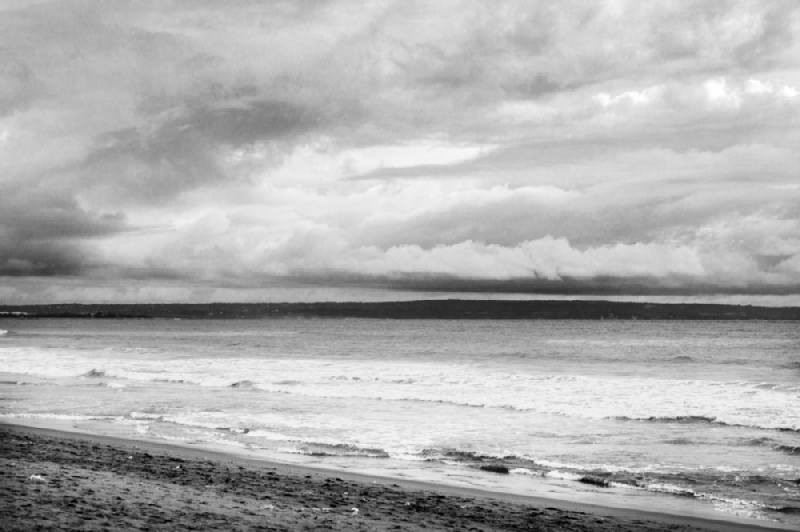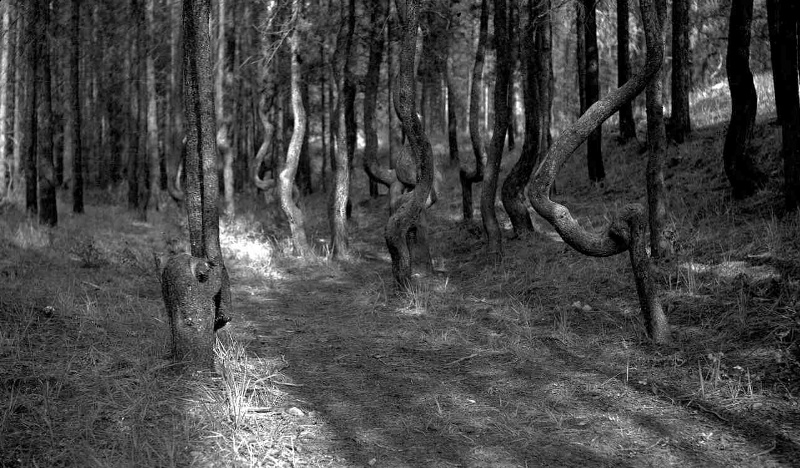This post is going to examine something different from literary pieces I have introduced so far. For one thing, its’s not a Japanese one. Secondly, it’s a modern work of literature. It’s called “Moon Place” by Paul Auster and tells much about the concept of “Home”, which we have long discussed in this series. The story is about a young man, in search of the key facts about his past, whose journey through life encompasses living wild as a vagrant in Central park, then as a live-in helper to an eccentric old man and eventually a quest into the deserts of Utah, for his identity. It starts with:
今回取り上げるのは、これまでにご紹介してきたような文学作品とはやや異なります。ひとつには、日本語の作品ではなく、また現代の作品でもあるということです。それは、ポール・オースターの『ムーン・パレス』で、これまでこのシリーズで考えてきた”Home”という概念についても多くを語っています。物語は、自分の過去の鍵となる事実を求める若者の人生を描いており、セントラルパークでの浮浪の日々、不思議な老人の世話、さらにはユタの砂漠での探索を通じた自分を探す旅路となっています。その冒頭は、
It was the summer that men first walked on the moon. I was very young back then, but I did not believe there would ever be a future. I wanted to live dangerously, to push myself as far as I could go, and then see what happened to me when I got there. – Moon Palace by Paul Auster
それは人類がはじめて月を歩いた夏のことだった。そのころ僕はまだとても若かったけど、未来なんてものは自分にはないと考えていた。僕は危険な生き方をしてみたかった。行けるところまで自分を追いこんで、行き着いたところで何が起こるのかを見てみたかった。
The story is characterized by the underlying mystery of serendipity. His life propelled by coincidence and chance meeting with characters more or less on the verge of aloneness. It’s a description of life that is far from linear. The moment a clue of existence comes into sight, even tragedy and loss stepped in, which leave you feel unsettled and desolate. Your attempt to take control of your life is betrayed by misfortune and a subsequent survival situation. Despite the desire for orderliness in our everyday modern lives, we are increasingly and inevitably exposed to randomness as we encounter a wide range of values and ideas.
思わぬ幸運の謎に満ちたこの物語のなかで、偶然や孤独の淵に追いやられている人々との出会いに、彼の人生は導かれていきます。その人生は決して直線的ではありません。存在の手がかりが見えた瞬間、悲劇や喪失に襲われたりもします。それは、落ち着かなく、ひどく孤独な気分にさせるものです。自分の人生を自分の力で動かしたいという試みは、不運とそれが導く生存を賭けた状況とに裏切られるのです。現代生活におけるどこかに規則性や安定性を求める気持ちと裏腹に、多様な価値観や考えに触れる中で、私たちはますます、そして不可避に不安定性にさらされているのです。
This potentially disorienting experience doesn’t make much sense to you if you are too uptight about rationality. But the riddle of your fate is too elusive to solve. With more and more plural viewpoints and diverse interpretations of social reality available, we are open to more sources of identity. All the days and years we have spent, all the people and events we have come across are the source of our life story. One thing we can do is to piece together our pasts so that we can see the possibility of a future.
こうした「居場所のなさ」は、あまりに合理性を求めていると、理解しがたいかもしれません。しかし、運命の謎は解きがたいのです。世の中の現実を様々な角度から多様に解釈することが可能な今だからこそ、自分らしさの源泉もまた豊富に用意されているのです。過ごした年月、出会った人や出来事、これらがすべて私たちの人生の物語。ですから、過去の欠片を集めることで、何らかの未来の可能性を見いだせるのです。
| Strongly Related Vagabond: Lyricism of Kokinshu |









